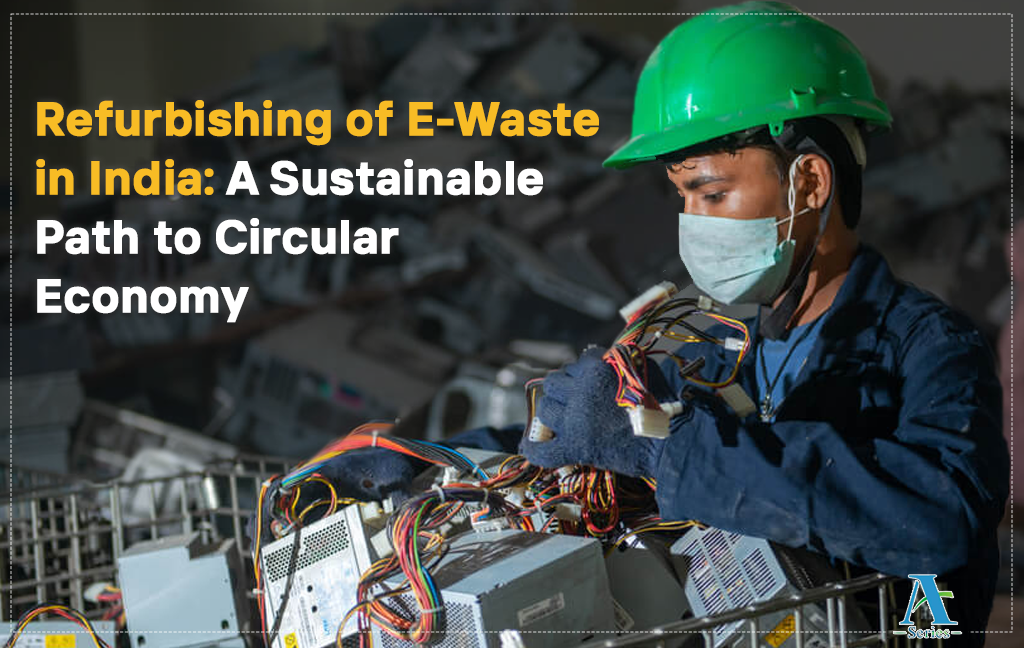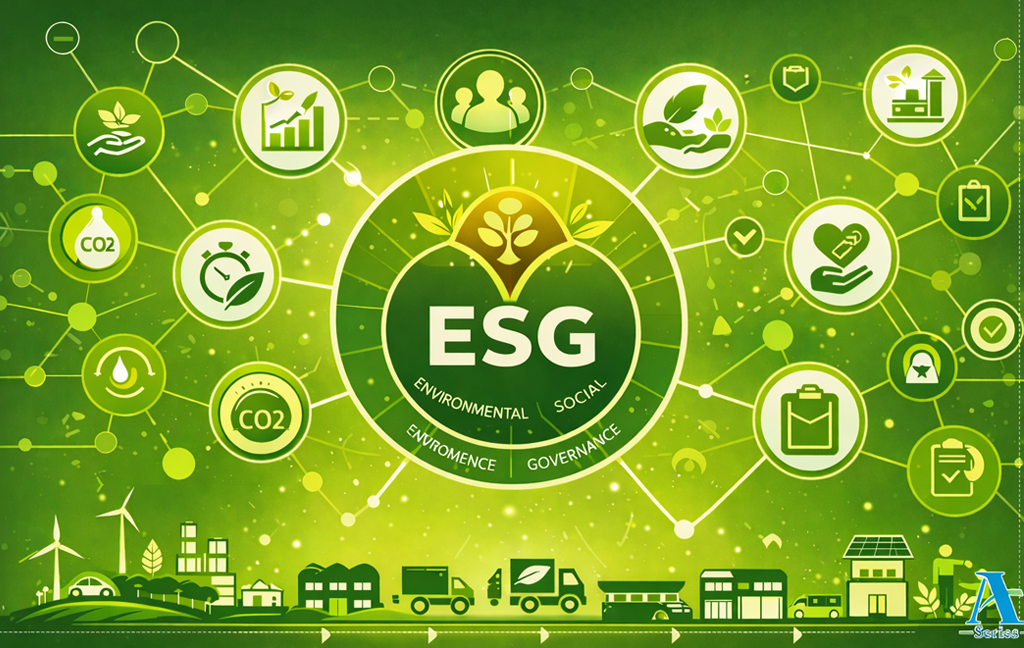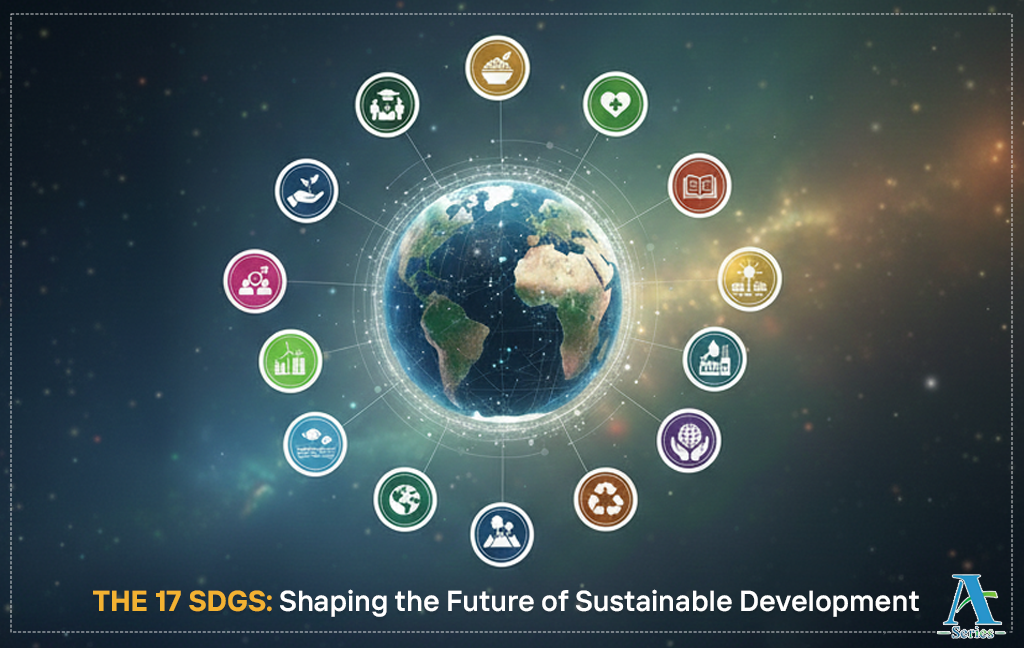Refurbishing of E-Waste in India

Refurbishing of E-Waste in India: A Sustainable Path to Circular Economy
Introduction
India, being one of the fastest-growing digital economies, generates a massive amount of electronic waste (e-waste) every year. From old smartphones and laptops to outdated servers and home appliances, the growing pile of discarded electronics poses both environmental challenges and economic opportunities.
While recycling has received significant attention, refurbishing the process of repairing, restoring, and reusing electronic products is emerging as a crucial solution for managing e-waste responsibly and sustainably.
Refurbishing not only extends the life of products but also supports India’s vision for a circular economy, where materials and resources are continuously reused rather than discarded.
What is Refurbishing of E-Waste?
Refurbishing refers to the process of inspecting, repairing, cleaning, testing, and restoring used or faulty electronic products to make them functional again. Unlike recycling, where materials are broken down and reprocessed, refurbishing focuses on product life extension and reuse.
Typical refurbishing activities include:
- Repairing defective components such as batteries, screens, or circuit boards.
- Upgrading outdated parts (e.g., RAM, storage).
- Cleaning and sanitizing devices.
- Installing updated software and firmware.
- Testing for quality and performance before resale or reuse.
Refurbished products are then reintroduced to the market at lower prices — making technology affordable and accessible, especially in developing economies like India.
Why Refurbishing is Important
- Environmental Benefits:
Refurbishing prevents functional electronics from entering landfills, thereby reducing pollution and the release of hazardous substances such as lead, cadmium, and mercury. - Resource Conservation:
Manufacturing new electronics requires mining and processing raw materials like gold, copper, and rare earth elements. Refurbishing minimizes this demand, conserving valuable natural resources. - Economic Opportunities:
The refurbishing sector generates employment in repair, quality testing, logistics, and resale particularly for skilled and semi-skilled workers. It’s a growing green economy sector with low entry barriers. - Affordable Access to Technology:
Refurbished products bridge the digital divide by providing affordable devices to students, startups, and small enterprises. - Supports Circular Economy Goals:
By extending the life cycle of products, refurbishing promotes sustainable production and consumption a key principle of the Circular Economy and the Sustainable Development Goals (SDG 12).
Refurbishing Ecosystem in India
India’s refurbishing industry has grown rapidly in the last decade, driven by rising digital adoption and government support for responsible e-waste management. The ecosystem includes:
- Authorized Refurbishers: Registered under the E-Waste (Management) Rules, 2022, these facilities are approved by the Central Pollution Control Board (CPCB) or respective State Pollution Control Boards (SPCBs).
- Producer Responsibility Organizations (PROs): They help brands and producers fulfil their Extended Producer Responsibility (EPR) by channelizing collected e-waste for refurbishing or recycling.
- Refurbished Marketplaces: Online platforms like Amazon Renewed, Cashify, and XtraCover have made refurbished electronics mainstream.
- Repair and Service Networks: Small-scale workshops and authorized service centers play a vital role in extending the life of electronics.
Government Regulations and EPR Framework
Under the E-Waste (Management) Rules, 2022 refurbishing is recognized as a legitimate and encouraged activity.
Key regulatory highlights include:
- Registration Requirement: Refurbishers must register on the CPCB EPR portal before commencing operations.
- Data Reporting: They must upload details of e-waste collected, refurbished, and disposed of through authorized channels.
- Traceability: All refurbished products are tagged and tracked for accountability.
- EPR Credits: Producers can claim refurbishing credits against their annual EPR targets when products are successfully refurbished and reintroduced into use.
- Extended Life Declaration: Refurbishers must issue a declaration of extended product life for each refurbished item, ensuring transparency in compliance.
This regulatory clarity has brought structure to what was once an informal, unorganized repair market.
Challenges in the Refurbishing Sector
Despite its promise, the refurbishing industry faces several challenges in India:
- Lack of Consumer Trust:
Many consumers still associate refurbished products with poor quality or reliability. Transparent quality grading and warranties can help overcome this perception. - Informal Sector Dominance:
A large share of refurbishing and repair work still happens informally, without regulatory compliance or safety measures. - Limited Access to Spare Parts:
Difficulty in sourcing genuine spare parts from OEMs affects the quality and safety of refurbished devices. - Inadequate Infrastructure:
Many small refurbishers lack modern testing and quality assurance facilities. - Low Awareness Among Producers:
Producers often focus solely on recycling for EPR compliance, overlooking refurbishing as a legitimate and eco-friendly option.
The Way Forward
To strengthen refurbishing as a pillar of India’s e-waste management system, the following steps are essential:
- Promote Consumer Awareness: Campaigns to encourage the purchase of certified refurbished products.
- Formalization of Informal Workers: Training and integrating local repair technicians into the formal sector.
- Incentivizing Refurbishers: Providing tax benefits or EPR credits for refurbishing initiatives.
- Strengthening Producer Collaboration: OEMs should support refurbishers with access to original spare parts, diagnostic tools, and service manuals.
- Encouraging Public Procurement: Government departments can prioritize refurbished IT equipment to set an example.
Refurbishing e-waste in India represents a powerful synergy between sustainability, circular economy, and social inclusion. It reduces waste, conserves resources, creates jobs, and makes technology accessible to millions.
As India moves toward becoming a global leader in responsible waste management, the refurbishing sector will play a central role not just in managing e-waste, but in redefining how we value electronic products throughout their life cycle.
Call to Action
At Aseries Envirotek India Pvt. Ltd., we support producers, recyclers, and refurbishers in meeting all compliance requirements under the E-Waste Management Rules.
From EPR registration to refurbisher licensing, data management, and annual compliance reporting, we ensure your operations stay legally compliant and environmentally responsible.
Partner with us to build a cleaner, circular future for India.






